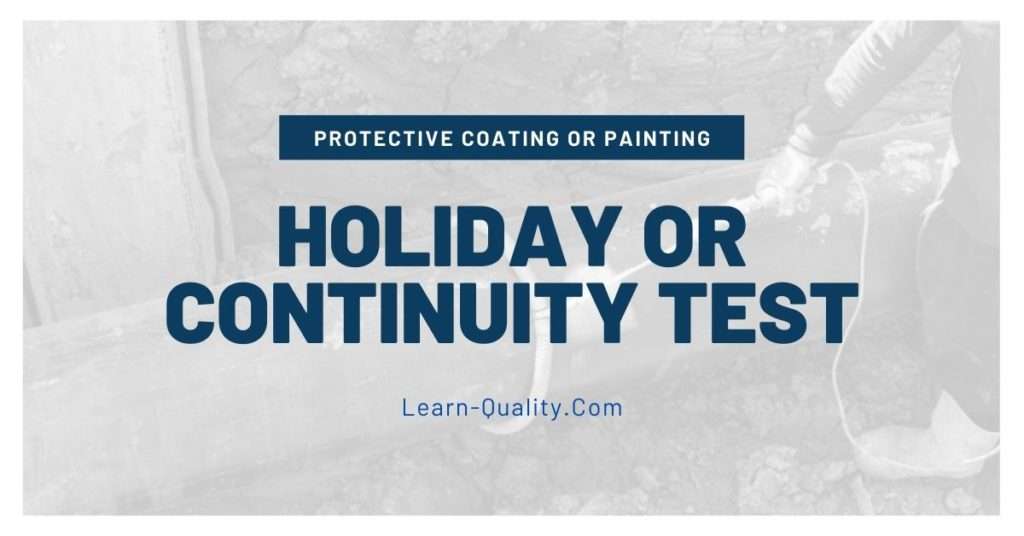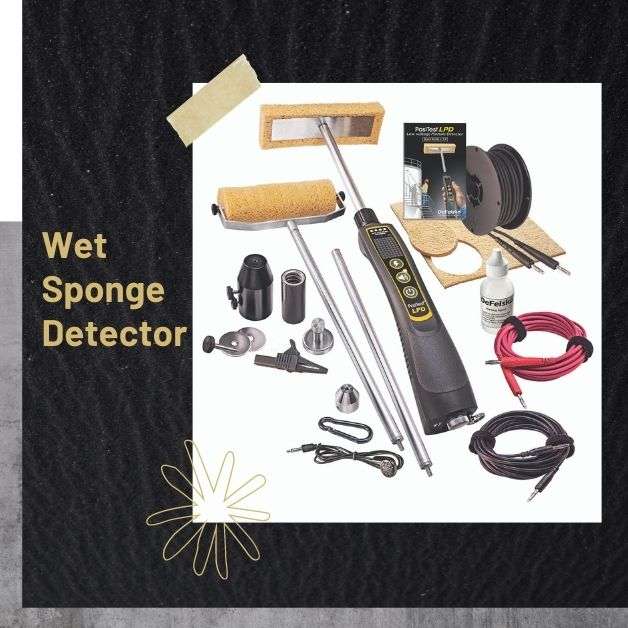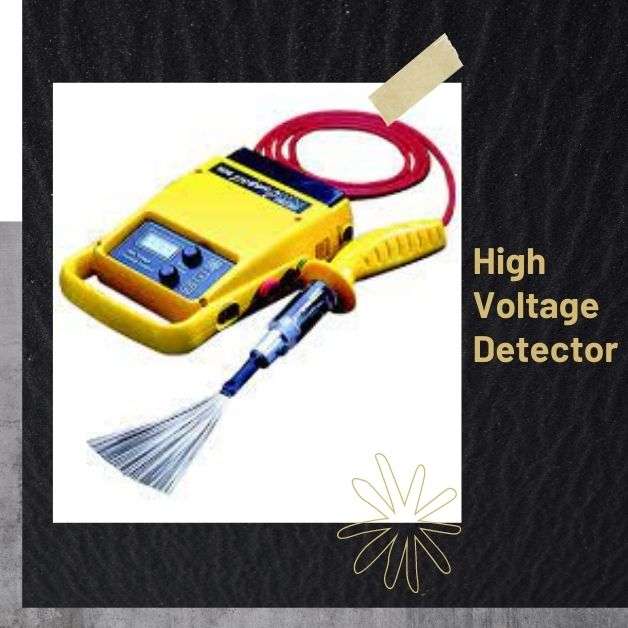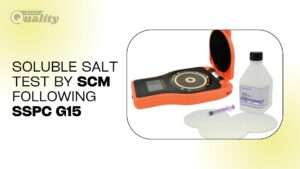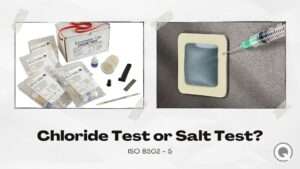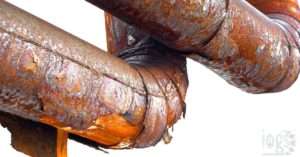Holiday testing for protective coatings
So, when it comes to protective coatings, you might find yourself encountering what is known as a holiday test. No, it doesn’t mean a literal holiday! Though get one might be nice this time of the year.
No, it’s basically a method of identifying a series of different defects that can lead to a potentially premature failure of the coating. The test is also known as continuity test or pinhole test.
Now with that out of the way, let’s talk about what a holiday test identifies.
Well, it can identify classic defects like voids or pinholes and even cracks, or thin spots or a small containment within the coating. In general, we call these defects “discontinuities”. They are usually not visible to the naked eye.
Identifying discontinuities or holiday
Ok, so now we know what discontinuities are, but why do they matter? And why should we be concerned with holiday tests in the first place?
Well, whenever a project involves protective coatings, the specifications almost always mention conducting holiday tests. Now, this is especially true for surfaces that are going to be subjected to harsh environments. You know, liquid immersion or submersion into the ground.
Ok, so how do we conduct a holiday test?
Well, first, you have to know that this test can only be performed on non-conductive coatings that are applied to conductive surfaces.
Holiday Test Instruments
Now that you know when to conduct it, let’s look at the instruments suitable for this test. These are usually divided into two distinct categories:
- The first is Low voltage “wet sponge” testing,
- And the second is high voltage “spark testing”
Holiday Test by Wet Sponge Detector
Now, this test uses two 2 different voltage settings. The first is the 9V setting for thicknesses of 300µm or less and the second one is 90V for greater thicknesses up to 500µm.
Now let’s talk more about this instrument. The wet sponge detector consists of:
- An Open-cell sponge
- A set comprising of a connector and a shaft
- Audible discontinuity indicator
- A ground cable
- A wet sponge device
Phew! Finally done with our little “wet sponge”.
Holiday Test by High Voltage Detector
Now that our little “wet sponge” is out of the way, let’s move on to high voltage spark testing.
This test is reserved especially for thicknesses greater than 500µm.
Beware though, if you conduct this test on thicknesses that are any smaller, you run the risk of damaging your precious coating. We don’t want that, now do we?
The detector for this test is further divided into two distinct sub-types;
- Direct current
- Pulse type
You can’t test if you don’t know how to setup the detector, can you? The setup consists of:
- Electrodes,
- a ground cable,
- and an electrical device
In this case though, there is no specific voltage, so you have to look at the manufacturer’s specs for details. For example, when dealing with thicknesses of 1000µm ranging up to 1500µm, the specific voltage is around 5000V.
Applicable Standard
Now remember that regardless of whichever method you use, make sure that the coating is thoroughly dried out and fully cured as per manufacturer specifications.
Oh and also, don’t forget that the standard applicable here is ASTM D5162.
And, it is recommended that the Quality Control Coating Inspector must always refer to this specification religiously to get the right information so that they can perform the test effectively.
Now you know how to conduct a holiday test.
Happy testing!
What Next Now? You may try gaining more knowledge of protective coating, check out the following training courses relevant to painting and coating:

